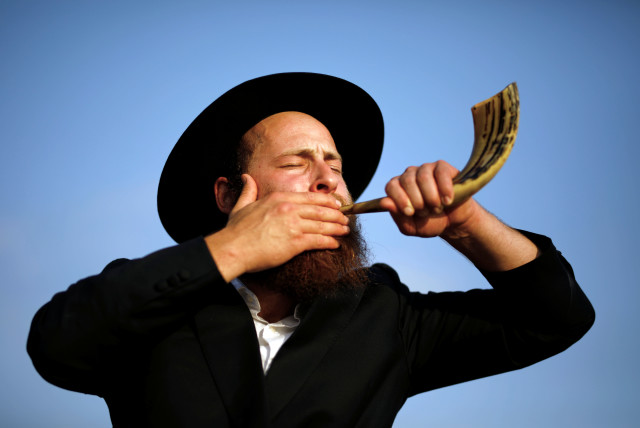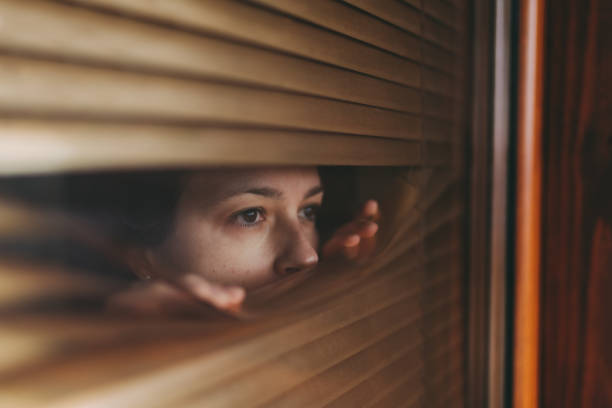BS”D
Sukkah 43a
Elul 10, 5782. September 6, 2022
1- We discussed the famous גזירה דרבה which the Chachamim enacted not to perform certain mitzvos, such as לולב and תקיעת שופר, when יום טוב falls out on Shabbos. The concern was that one may unintentionally carry it 4 Amos in a רשות הרבים. Why would one do it? To visit a בקי – knowledgeable person – to teach him how to perform this particular Mitzva.
It is a peculiar גזירה indeed as the Alter Rebbe (LT 56,1) writes that such lofty Mitzvos as Shofar and Lulav were canceled because of ‘simpletons and small minded individuals’ that may carry out the Shofar or Lulav.
Uprooting a mitzva?
עוד יש לעורר ולשום לב מה ראו חז”ל לעקור מ”ע דשופר ולולב אפילו ביום ראשון בגבולין עכ”פ אפילו בזמן שאין בהמ”ק משום גזרה דרבה בעלמא והלא החשש הוא להדיוטים וקלי הדעת ואיך מנעו המצוה לגמרי מכמה צדיקים גדולים וטובים ובפרט מצות שופר ולולב שהרבה כוונות תלויות בהם ליודעי דעת שנוגעים עד רום המעלות.
2- This is a famous Sugyah and we touched upon some points.
a – Why מעביר ד’ אמות ברשות הרבים? Why not be concerned about the עקירה והנחה; when he leaves the house and arrives at the house of the בקי?
b – While it may be an art to blow Shofar, it is relatively easy to perform the ד’ מינים Mitzvah. So simple and easy that the גמרא earlier had an issue of finding a case of one walking out of his house holding the ד’ מינים and not being יוצא. “He was יוצא by just picking it up” – even if the Lulav is not bound at all.

Shofar Expert
So what can the בקי teach him?
Rashi writes that he goes to the בקי to learn the נענועים and ברכה. We mentioned that perhaps ‘learning the ברכה’ is not the ברכה itself, which is quite simple. It means as to when to make the ברכה as we discussed the four solution of Tosfos on how to ensure that the ברכה is made prior to being יוצא. Such as flipping it etc. See Shiur 39a.
c – We learnt a few pages earlier that if one does walk out with his Shofar or Lulav to רשות הרבים on Shabbos he is פטור because he is טעה בדבר מצווה. So what’s the issue here to cancel such important Mitzvos when there is never a חיוב חטאת anyway?
d- Why is this גזירה not applied to מילה on Shabbos, blowing the Shofar מוצאי יום כיפור before Havdalah? We mentioned the Tosfos in Megillah 4a that answers these two Mitzvos. What about קריאת התורה? That one really needs help from a בקי
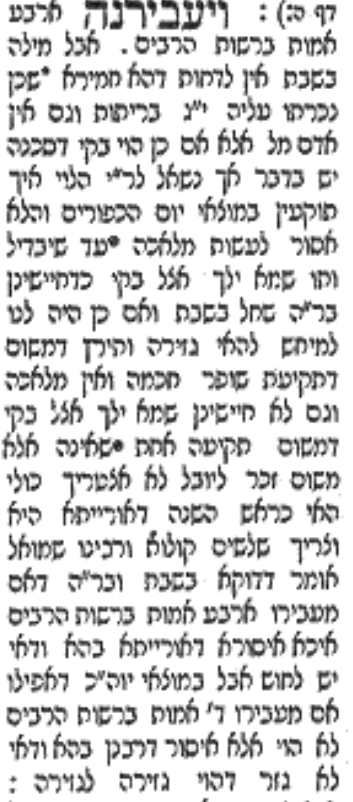
3- We discussed the issue of Matzah that is still observed on Shabbos. Why aren’t the complexities of the Seder in general and of the כזית Matzah in particular enough to cause someone to walk to the בקי for exact instructions?
[Story of the fellow that got stuck by יחץ…..…and sent his wife to observe the בקי from the window….]
We mentioned the many answers to this question. Here is a link to dozens of them.
4- We discussed the famous Sichah of the Rebbe, LS 6, 48, on this topic.
Briefly – the Rebbe first quotes a few answers – we labeled them as a Litvishe answer and the other a Poilisher one.
The Litvishe from the Netziv : The בקיאים would roam at the homes of the lesser learned to instruct on how to perform the סדר.
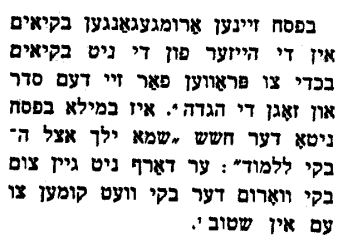
[Wow! A Litvisher Godol suggesting 150 years ago for Shulichim to travel to perform Sedorim for the less informed….]
The Rebbe’s question on this answer: This מנהג in nowhere mentioned.
Another answer from the Netziv: Matzah is observed at night when people refrain from roaming the streets.
The Rebbe’s question on this answer: Despite the danger, the average Jew will ignore the danger to fulfill the Mitzvah of Matzah. Especially since it’s ליל שימורים.
The Poilisher style answer from Reb Don Polotzki: Although the חכמים canceled the Mitzva of Shofar and Lulav, this cancelation only applied to part of the Mitzvah. How? By learning the הלכות of Shofar and Lulav it is ‘considered as if he actually performed it’
כל העוסק בתורת עולה כאילו הקריב עולה.
So on יום טוב שחל להיות בשבת, by learning the Halachos, the Mitzvah is not totally canceled. Part of it is still ‘performed’.
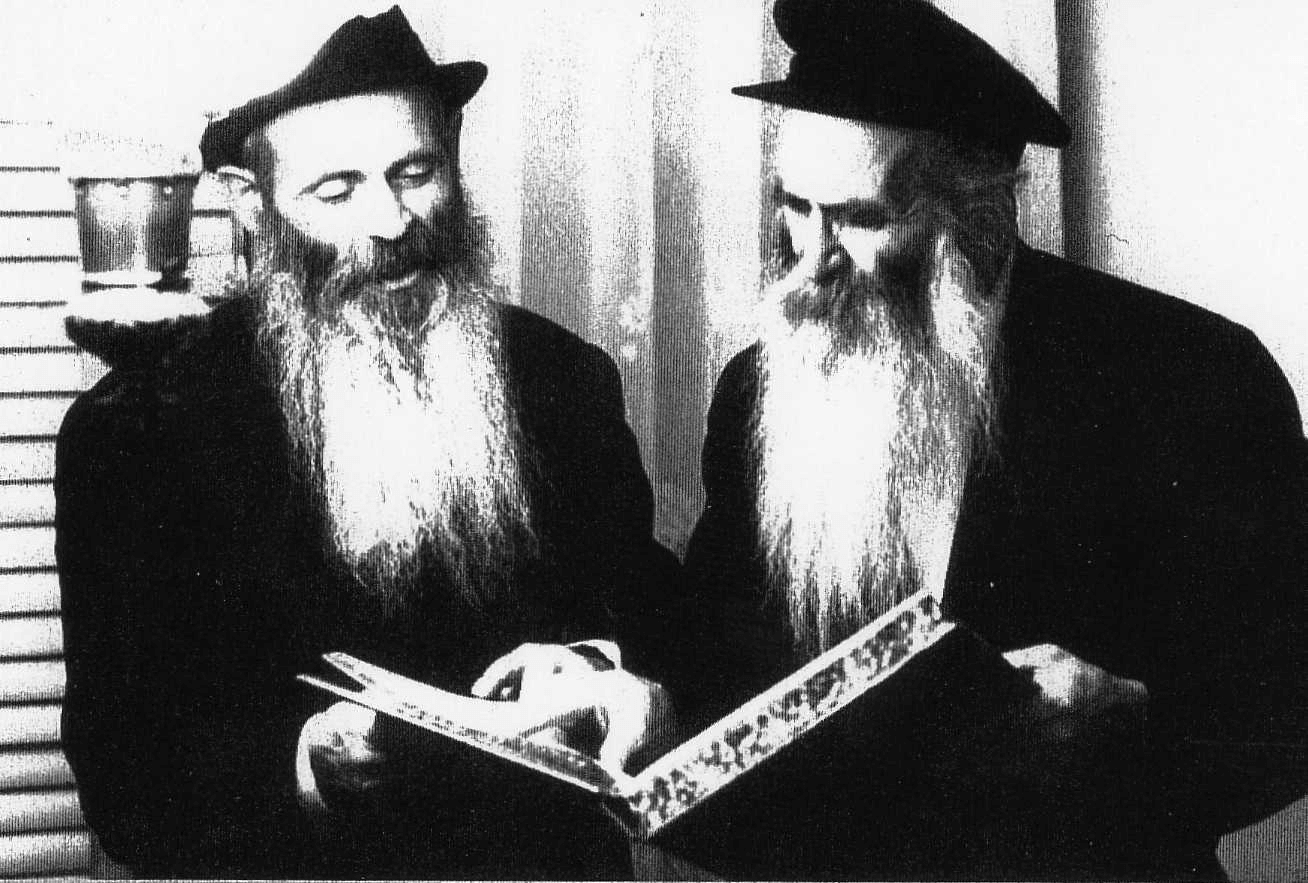
That is all good and well with Shofar and Lulav, when by learning about them Part of the Mitzvah remains.
In regards to Matzah that would be problematic as women are also חייב to eat Matzah but their learning the הלכות will not do much since they are פטור from תלמוד תורה!
פוילישער style indeed!
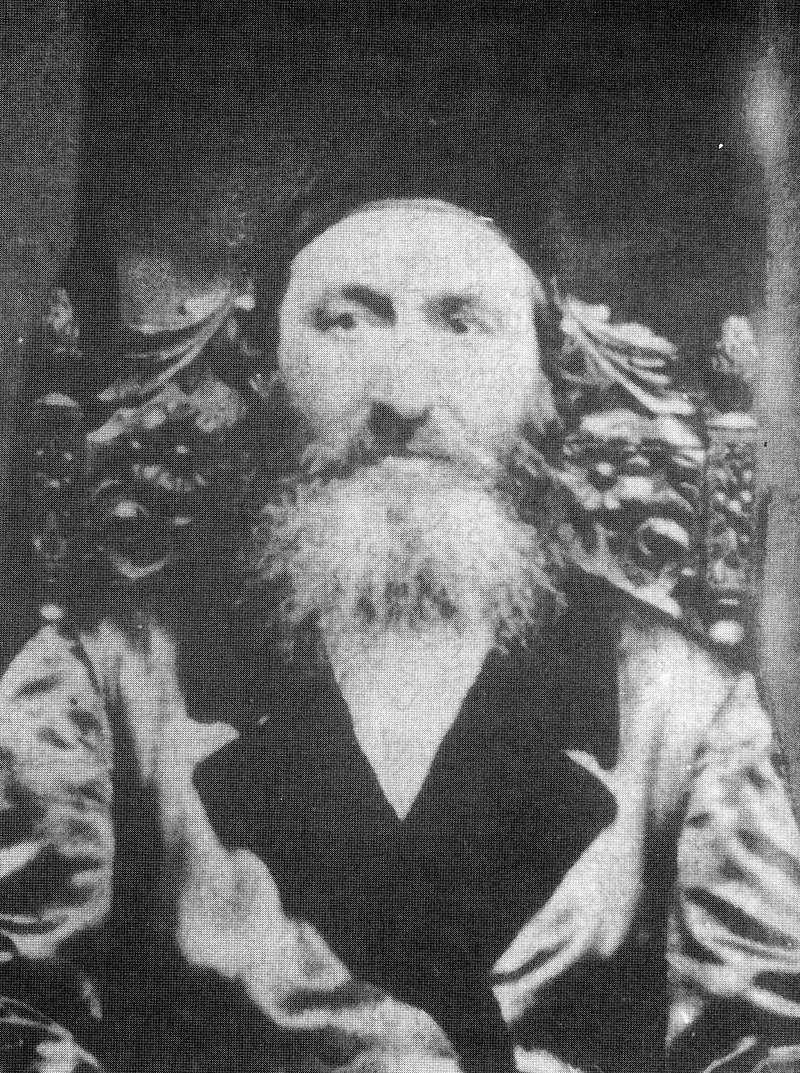
Rabbi Don Polotzki
The Rebbe’s question on this answer: There is no mention anywhere the obligation to sit down on Rosh Hashana or Sukos שחל להיות בשבת and learn the Halachos of these Mitzvos.
In regards to Megilah see the Sichah above.
The Rebbe’s answer על פי חסידות: From the fact that the גזירה was enacted at a certain time in history, it is evident that any רוחניות effect that was previously accomplished by תקיעת שופר and לולב is no longer needed. Meaning that Shabbos will accomplish now (as opposed to the era prior to גזירה דרבה) whatever the Shofar or Lulav accomplished before the גזירה.
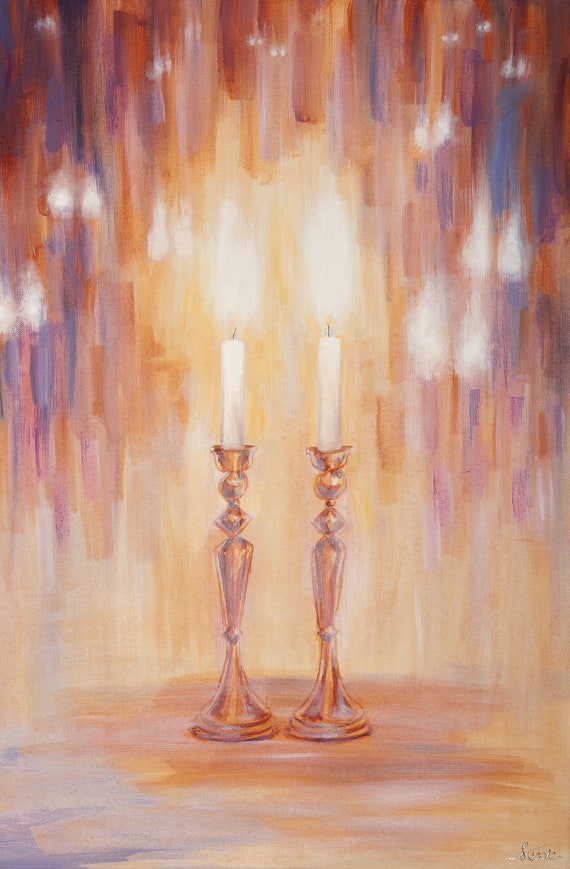
However with מצה, since שבת for whatever reason, will not accomplish what the eating of the מצה would do, there cannot be a גזירה to cancel this Mitzvah and as a consequence no one will ever take his מצה and be מעביר ד’ אמות ברשות הרבים.
See the Sichah at length.
5- So no Shofar blowing on Shabbos and no Lulav shaking on Shabbos.
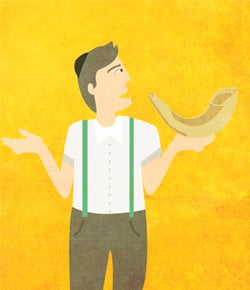
What happens if one did do it? Did he do a Mitzvah and should not say שהחיינו the next day? [Question is in places that have only one day יום טוב] or perhaps he did ‘nothing’?
6- Regarding Shofar the Gemara says that an established Beis Din does indeed blow the Shofar on Shabbos within its confines.
We discussed the story of Reb Akiva Shleizinger (an interesting Rov – more next week) who wanted to establish this Beis Din מנהג in 1905. He planned a gathering of many Rabanim at the Churva Shul and actually blew the Shofar on Shabbos.
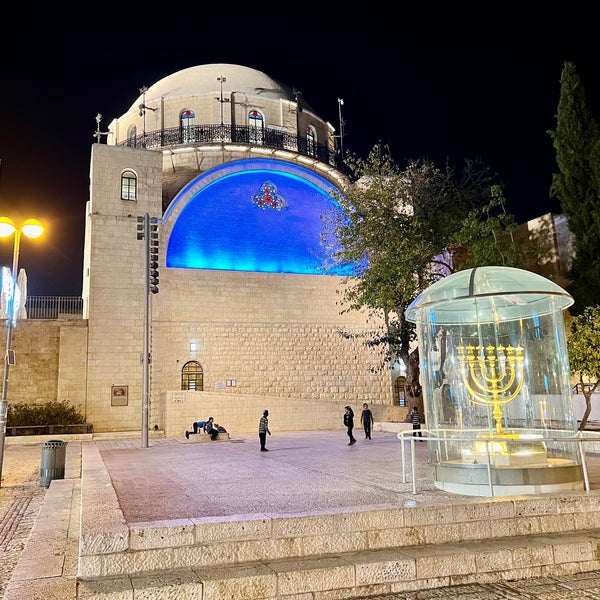
Rumor had it that despite the opposition to his initiative (which failed to materialize) he did it in the confines of his own house!
7- We mentioned an interstinhg historical fact -that ראש השנה in 1905 corresponded to the exact date that the Rebbe Rashab began his famous multi year המשך of ראש השנה שחל להיות בשבת תרס”ו that began on ראש השנה, year 5666, September 29, 1905 explaining why there is no need to blow the shofar on Shabbos!
